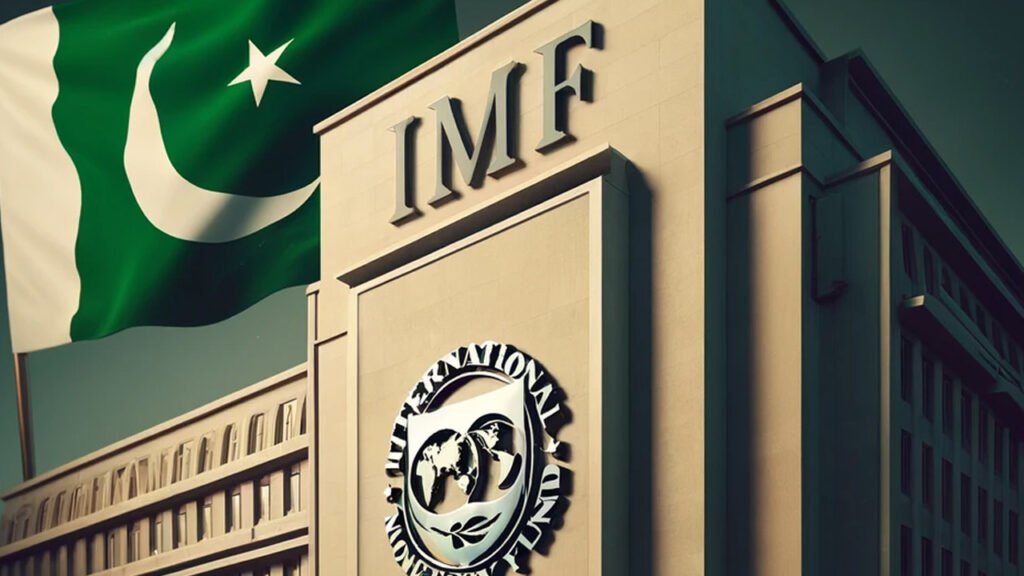ISLAMABAD: According to a report, the International Monetary Fund has informed Pakistani authorities that consideration of the next bailout package under the Extended Fund Facility hinges upon the presentation and approval of an aligned upcoming budget by parliament.
This development may pave the way for initiating formal discussions and signing a staff-level agreement to secure the fresh bailout package, with the potential to include climate finance ranging from $6 to $8 billion. However, given the timelines, this scenario seems feasible only in July 2024.
Top officials confirmed to the publication that in the budget for 2024-25, the government will need to demonstrate its ability to increase Federal Bureau of Revenue revenue, achieve a primary surplus by reducing expenditures, and implement structural reforms to minimize losses of State-Owned Enterprises.
Additionally, the government will be required to raise electricity and gas tariffs in July and August 2024 to reach an agreement with the IMF.
The Ministry of Finance hosted a dinner in Islamabad in honor of the visiting IMF team led by Nathan Porter on Tuesday night, where the ongoing discussions were expected to conclude.
The upcoming budget for 2024-25 will serve as a litmus test for the incumbent regime to demonstrate its ability to meet the IMF’s stringent conditions.
The visiting IMF team has obtained relevant data on all major economic indicators and informed relevant authorities about the budget expectations for 2024-25.
The IMF’s directives are clear: the government must devise a roadmap to increase the tax-to-GDP ratio, which may further decline to 9% of GDP for the current fiscal year.
The FBR is facing challenges in meeting its revenue collection target of Rs 9.415 trillion, with predictions of a shortfall. The IMF may demand an increase in collection to over Rs 12 trillion for the next budget, requiring an additional Rs 3 trillion despite a nominal growth rate of 16%.
Consideration is being given to introducing a carbon levy to boost non-tax revenue in the upcoming budget. Expenditure rationalization, particularly for SOEs, pensions, and subsidies, is necessary to reduce current expenditures. Provincial nature projects will be abandoned in favor of federal development projects.
The IMF has recommended raising power and gas tariffs through baseline adjustments and quarterly tariff adjustments. Solar net metering is under scrutiny due to its impact on DISCOs’ grids, leading to an independent study.
There are concerns about surplus electricity generation from solar panels during low consumption periods, exacerbating the fiscal challenges of the power sector. Officials hope the IMF will avoid front-loading the next bailout package to mitigate the inflationary pressures experienced in recent years.


